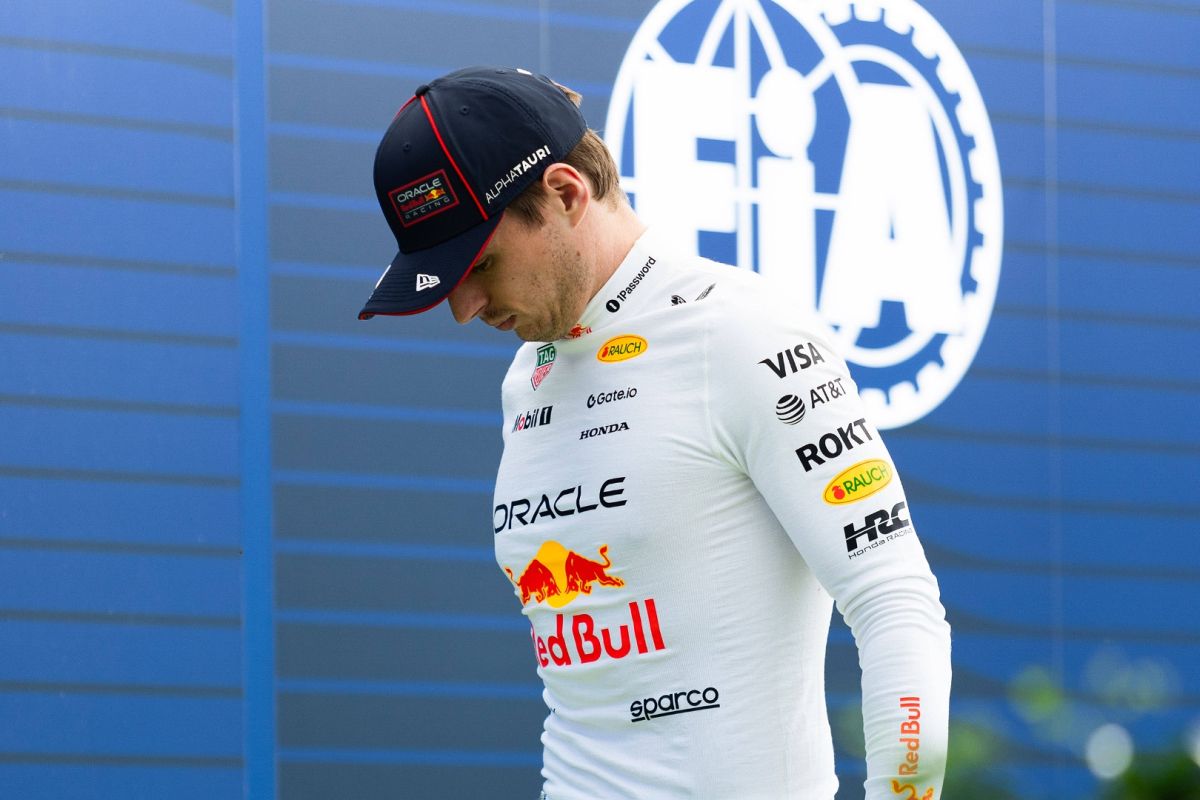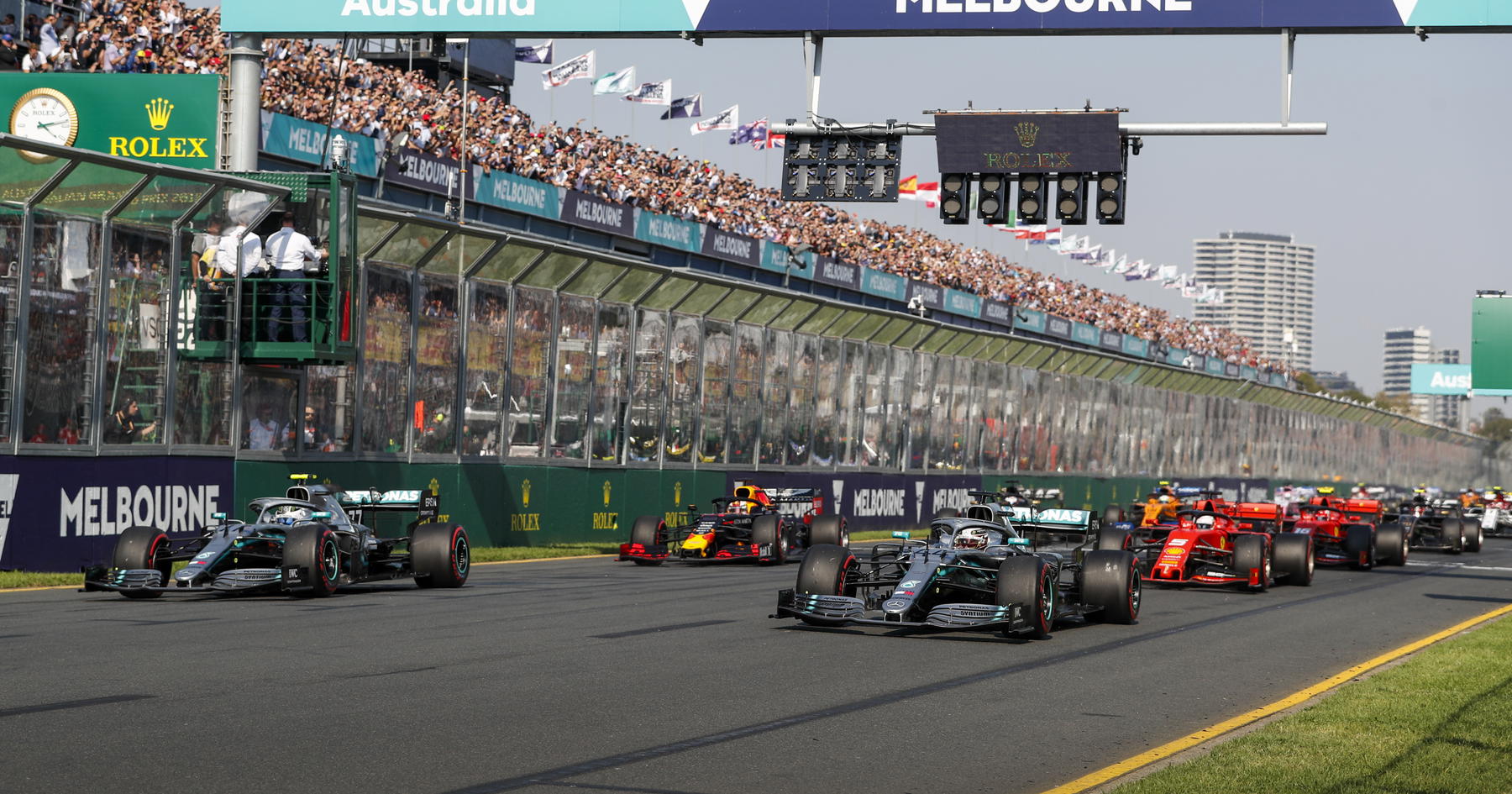How Max Verstappen Forced the FIA to Change F1 Rules: Laurent Mekies Reveals Inside Story of a System Overhaul
Laurent Mekies, now the team principal of Red Bull Racing, has opened up about a pivotal moment in Formula 1 history—one sparked entirely by the meteoric rise of a teenage Max Verstappen. Speaking on the Talking Bulls podcast, Mekies recalled how Verstappen’s early entry into F1 at just 17 years old triggered a complete restructuring of the FIA’s super license system, forever altering the pathway to the grid for young drivers.
During the interview, Mekies made it clear that although he didn’t directly help Verstappen obtain his license, he arrived at the FIA right as Verstappen was stepping into F1—and his debut created a storm so big that the governing body had no choice but to rewrite its own rules.
> “I joined the FIA just as Max had received his super license at 17,” Mekies said. “And the first thing Jean Todt—who was FIA president at the time—told me was: ‘This is crazy. A kid who can’t legally drive on public roads is now racing a Formula 1 car? We need a new structure immediately.’”
That single moment marked a turning point. Verstappen’s sheer talent and speed were undeniable, but his arrival exposed a loophole that many within the sport felt uncomfortable with. Despite being too young to hold a standard road driving license in many countries, he was cleared to race at over 300 km/h against the world’s best drivers.
Jean Todt’s directive to Mekies was clear: build a system from the ground up—one that would ensure future drivers followed a structured, merit-based ladder, not just raw talent and team backing.
As Mekies recalled, the uproar was not about Verstappen’s ability, but about public perception and safety concerns.
> “Jean told me: ‘People will not be able to understand how a teenager can’t drive a normal car but is allowed to race in Formula 1. We cannot let this happen again. Go and build a new framework for the super license.’”
And so, the modern super license points system was born. Today, drivers must earn a minimum of 40 points across junior categories—such as Formula 2, Formula 3, IndyCar or Super Formula—before becoming eligible for F1. A minimum age of 18 was also introduced to stop other teenagers from making a direct jump into F1 the way Verstappen did.
In Mekies’ words:
> “Thanks to Max being that exceptional, we now have a completely new system—one that includes a minimum age and a points structure. It all started because of him.”
Verstappen made his debut at the 2015 Australian Grand Prix, driving for Toro Rosso. At 17 years, 166 days old, he became the youngest driver in F1 history—a record that can never be broken under the current regulations.
What followed is now legendary. Verstappen’s rise was so rapid and so dominant that it validated Red Bull’s gamble and silenced early critics who said he was too young. The sport watched him evolve from a teenage prodigy to one of the greatest drivers of all time. Today, he is a four-time World Champion, with 68 career victories, and is widely expected to continue adding to his tally.
His legacy is not just statistical—it’s regulatory. Verstappen’s early entrance forced Formula 1 to acknowledge a weakness in its governance and correct it. Young drivers today face a far more structured developmental path, and no one may ever repeat his feat. In a way, Max Verstappen didn’t just rewrite the record books—he rewrote the rulebook.
And yet, there is an added layer of irony: While the FIA introduced the super license overhaul to prevent another 17-year-old from entering F1 too soon, Verstappen’s success has inspired an entire generation of young racing talents who now dream of breaking through as early as possible, even if they must climb a longer ladder to reach the pinnacle.
The story also highlights Mekies’ unique perspective. Before returning to Red Bull as team principal, he spent years inside the FIA and later at Ferrari, giving him a rare dual insight into both regulatory processes and team operations. His recollection is not just a nostalgic anecdote—it’s part of Formula 1’s modern history.
Today, with Red Bull still at the top of the sport and Verstappen its dominant force, the tale of how a teenage debut reshaped F1 regulation stands as proof of his impact—not only on track, but in the fabric of the sport itself.
From a teenager too young to rent a car to a driver who reshaped licensing rules and redefined success, Max Verstappen continues to be a force that changes Formula 1—whether he intends to or not.




